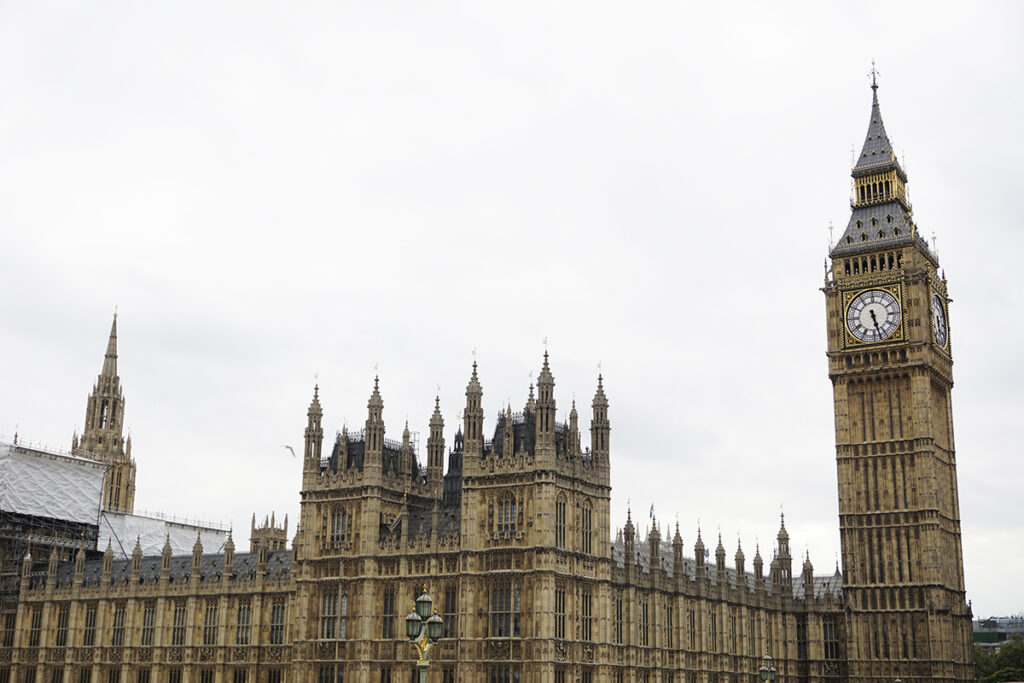In a startling revelation, the UK government has accused Russia’s intelligence services of launching a sustained cyberespionage campaign targeting British democracy. This extensive operation, primarily orchestrated by Russia’s Federal Security Service (FSB), has been ongoing since at least 2015 and aimed at high-profile British politicians, civil servants, and journalists.
The Foreign Office disclosed that the FSB was responsible for a series of cyberespionage operations in the UK. These included efforts to infiltrate the communication channels of British parliamentarians across multiple parties, with the intent of selectively leaking and amplifying sensitive information that would serve Russian interests.
A significant role in these espionage activities was played by a cyber group known as “Star Blizzard,” also referred to as the Callisto Group. This group, believed to be subordinate to an FSB unit, employed sophisticated tactics, such as creating false identities to impersonate legitimate contacts. Victims were then sent malicious links, compromising their digital security and integrity.
The scope of these cyberattacks was not limited to political figures. Public-facing figures and institutions, including those in the public sector, universities, media, non-governmental organizations, and broader civil society, were also targeted. These actions were part of a broader strategy to meddle in British politics by acquiring and using information obtained through these cyber operations.
One of the most notable incidents linked to this group was the 2018 hacking of the Institute for Statecraft, a UK think tank focused on defending democracy against disinformation. Additionally, ahead of the 2019 British general election, there was the leaking of sensitive U.S.-U.K. trade documents, a move perceived as an attempt to influence the electoral outcome.
The UK government asserted that these Russian efforts aimed to undermine trust in the political processes of the UK and its allied states. However, it also emphasized that, despite some successful document leaks, these attempts have not significantly disrupted the UK’s political and democratic processes.
In response to these findings, the UK has taken robust actions, including imposing sanctions on key individuals involved in these operations. Among those sanctioned are Ruslan Aleksandrovich Peretyatko, an FSB intelligence officer, and Andrey Stanislavovich Korinets, a member of the Star Blizzard group. These sanctions are part of a broader strategy to counter such cyber threats.
Additionally, the Russian ambassador to the UK was summoned as part of the diplomatic response to express Britain’s concerns over the interference. This move signifies the UK’s firm stance against any foreign intervention in its democratic processes.
As the UK prepares for its upcoming general elections, officials have expressed confidence in having uncovered the full extent of the cyber interference. However, they remain vigilant to ensure the security and integrity of the nation’s democratic institutions. This incident has highlighted the evolving nature of cyber threats in the modern political landscape and the need for continuous vigilance against such malicious activities.


